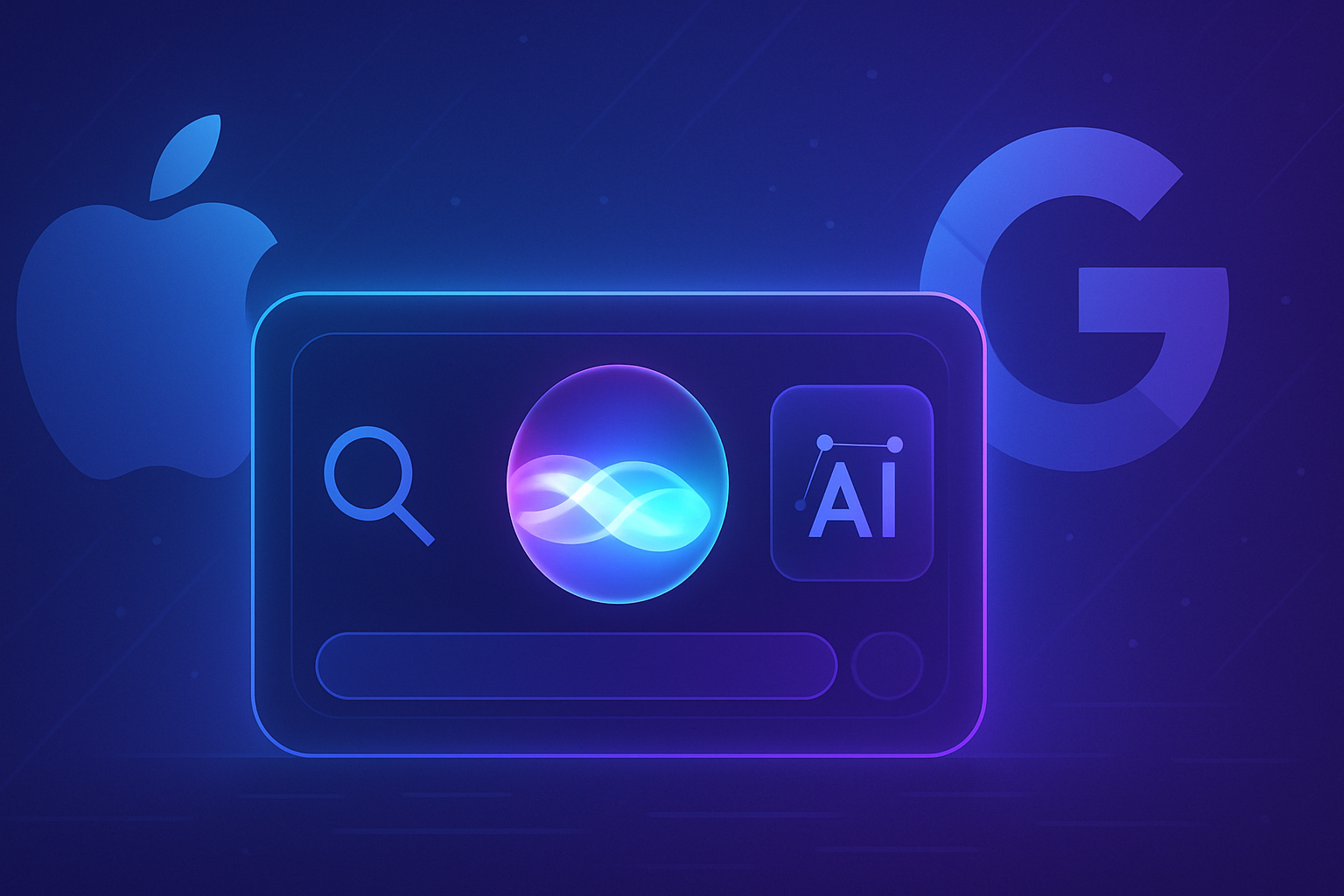The Trump administration imposes a radical revision of scientific practices in artificial intelligence. Researchers are urged to purge the “ideological biases” from their models, raising major questions about the integrity of research. This requirement creates an imbalance between technological innovation and the need to uphold robust ethical standards. Under this presidency, AI becomes a battleground of conflict between progress and equity, where the stakes transcend mere technological development.
Context of ideological biases in artificial intelligence
The issues of ideological biases in artificial intelligence models have become a major concern under the Trump administration. AI scientists face directives requiring a purge of biases perceived as ideological during the training of their algorithms. This approach aims to promote a more neutral representation but raises questions about academic freedom and scientific integrity.
The Trump administration’s directives
Orders from the executive have imposed a reevaluation of the algorithms used by various government agencies. At the heart of these directives is a particular focus on eliminating any content deemed partisan or ideological. Scientists must justify their choices of data and learning methods in order to ensure an impartial representation of outcomes.
Impact on scientific research
This deregulation policy has tangible repercussions. Many researchers fear that this pressure for neutrality may hinder innovation and creativity. These constraints can lead to self-censorship, where scientists hesitate to explore biases that could be essential for understanding the data.
Reactions from the scientific community
Voices are rising within the scientific community, calling this approach counterproductive and dangerous. Experts emphasize that absolute neutrality is an ideal that is difficult to achieve in a field as complex as artificial intelligence. Research inherently contains biases due to data selection and human interpretation.
Calls for transparency
Groups of researchers advocate for greater transparency in the development of AI models. Clarity on data selection processes and algorithms could allow for a more honest assessment of biases and strengthen trust in the applications of these technologies.
Potential consequences for the industry
Technology companies must navigate this uncertain landscape. The pressure to align their projects with ideals of neutrality influences their development approach. Concerns are emerging that this regulatory environment could create barriers to innovation, slowing crucial advancements.
Future perspectives
As the policies of the Trump administration continue to evolve, the question of biases in artificial intelligence will remain a topic of debate. Future decision-makers will have to choose between the necessity of a regulatory framework and the preservation of a free research space. Scientists hope to see a more balanced approach emerge that recognizes the complexity of the issues surrounding AI.
Frequently asked questions
What are the implications of purging “ideological biases” in artificial intelligence models?
The purge of “ideological biases” under the Trump administration raises questions about the objectivity and neutrality of AI systems, potentially leading to a reduction in ethical safeguards while promoting a more innovation-oriented approach without checks.
How does this directive influence research in artificial intelligence?
This directive impacts research by steering scientists to focus on results deemed less biased, which could restrict the exploration of potentially controversial subjects but necessary for the development of ethical and responsible AI.
What consequences could this purge have on the quality of data used in AI?
By forcing scientists to eliminate certain biases, it is possible that important aspects of data diversity may be overlooked, leading to lower data quality and distorted results in AI use.
Can scientists contest this measure of bias purging?
Scientists can oppose this policy in various ways, including publishing research highlighting the importance of potential biases, but the viability of this contestation may be limited by the current political and administrative climate.
How are artificial intelligence companies reacting to this directive?
AI companies may adopt varied positions, ranging from compliance to resistance, considering the potential impacts on their products and public perception regarding their ethical responsibility.
What risks does this policy pose for society at large?
This policy could lead to deregulation that compromises the protection of individual rights and ethical standards, increasing the risk of discrimination and prejudice in large-scale AI applications.
Given the pressure to eliminate biases, how will this affect education and training in the field of AI?
Training might prioritize concepts on neutrality and bias elimination, potentially stunting the critical learning needed to assess the ethical and societal implications of artificial intelligence.






